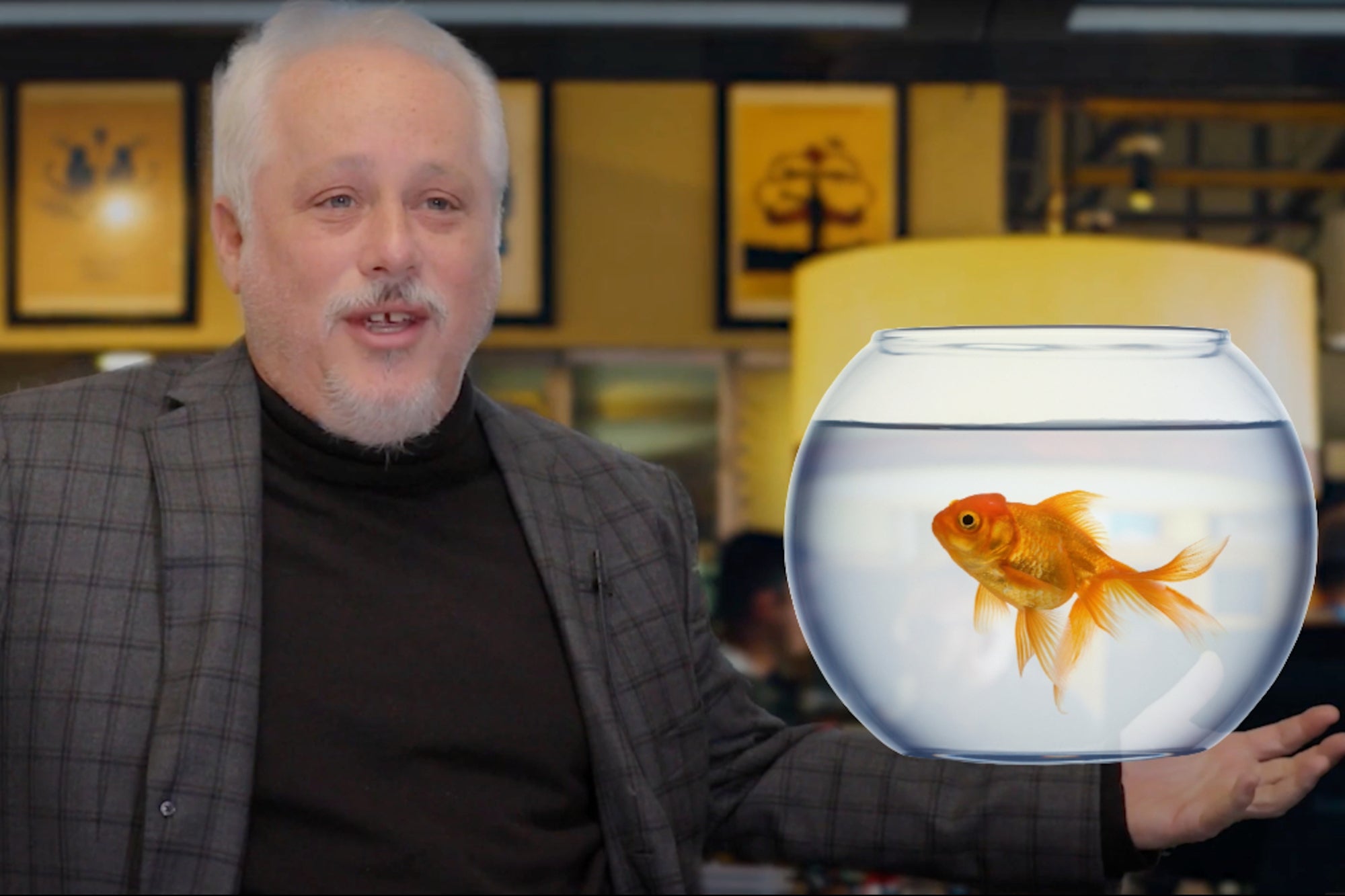Customer Care Is Your Best Marketing Strategy Great marketing brings customers to you. But it won't help you keep them.
By Jason Wesbecher •

Opinions expressed by Entrepreneur contributors are their own.

"Our job is to connect to people, to interact with them in a way that leaves them better than we found them, more able to get where they'd like to go." Those words could easily be a customer service rallying cry -- the sort of thing you'd find printed out and pinned up in the break room.
Related: 8 Ways to Offer Stellar Customer Service That Don't Cost a Penny
The fact that you're far more likely to find it on your CMO's screensaver, however, strikes me as no small coincidence, and I suspect that its originator, marketing mega-guru Seth Godin, would agree.
As both a consumer and a CMO, I am keenly aware of the enormous power of good marketing. It defines an identity. It shapes expectations. It drives desire. It brings customers to you, potentially in droves. But, in the end, it won't help you hang on to them.
For all that brands, and their marketing departments, in particular, talk about customer relationships, the relationship that counts the most for customers themselves is the good old-fashioned kind, the one that exists between them and a real person. Chances are, that person is a customer service rep.
Remember the time you had to call your cable company and you talked to that lovely gal from marketing? Exactly. Yet that isn't the way companies are set up. And maybe it should be.
Human interactions -- especially in the age of online shopping and self-service, when they are so few and far between -- are what your customers will remember and what they'll talk about, perhaps very publicly. So, from a marketing standpoint, the quality of those interactions is enormously significant.
Not every one of your customers will connect with one of your service employees. But for those that do, no piece of marketing, however sleek its design, how pleasant its smiling faces, how compelling its content, can counteract a bad experience.
Ad legend David Ogilvy's famous admonition, "The consumer is not a moron, she's your wife" may bear the gender biases of its era, but the truth at the heart of the statement is as relevant today as ever. People aren't stupid, and the greater the dissonance between who your marketing tells customers you are and who your people show customers you are, the harsher their judgment of you will be.
Related: 9 Things You Need to Know to Give Millennials Great Customer Service
At best, that dissonance is the difference between theory and practice; at worst, it's the difference between a lie and the truth.
Many organizations have chucked drab, utilitarian customer service titles like "agent" and "rep" in favor of something more positive and specific, something even downright poetic. I applaud those efforts. But to me, the simple approach of a company like Target is the best of all. "Team member" sends all the right messages, both internally and externally. It suggests a single source from which all decisions and actions stem, a common mission and a shared set of goals.
That kind of unified front is as reassuring for customers as it is clarifying for employees, managers and execs. It needs to go deeper than mere semantics, of course; the walk still needs to be walked. But how much better to have everyone starting from the same place and moving in the same direction.
Marketing departments pour significant time, talent and treasure into articulating a corporate identity and crafting the messages that express it. They need to start recognizing customer service as a critically important representative of that identity and bearer of those messages.
For its part, customer service -- by that or any name -- needs to be empowered with both the information and the soft and hard tools to fulfill its marketing role.
We are all marketing. We are all customer service. So, tear down the meaningless, dangerous corporate walls that have traditionally separated the two, and you'll be eliminating one of the biggest obstacles to growth, loyalty, positive word of mouth and unbridled success.











